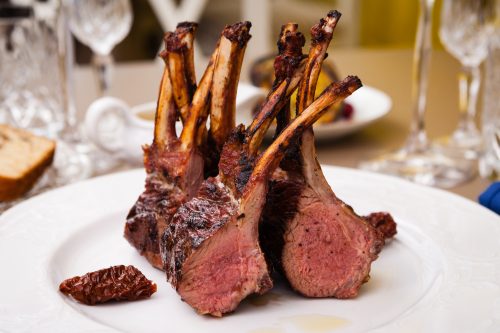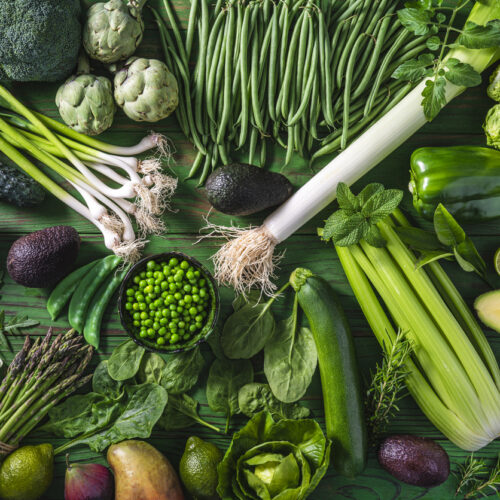
Is eating less meat good for the environment? Really?
We've read that eating less meat is good for the environment – that meat takes much more energy to produce than vegetables, and being vegetarian is a good way to reduce your carbon footprint and do something good for the environment. So is it really?
The problem here is that much of what we read is talking about the way meat is farmed overseas, especially in the USA and the UK. And it turns out much of this is not relevant to the situation here in NZ.
In other countries, livestock are farmed intensively in feedlots and barns. This takes a lot of energy, fuel and other resources, and does make meat raised in that way not a very sustainable choice.
But here in NZ, beef and lamb are farmed in natural pastures with no intensive farming. This results in low pollution, lower use of fertiliser (clover pastures mean less nitrogen fertiliser is required) and much more efficient energy use.
Studies at Lincoln University found the energy used in producing lamb in the UK is four times higher than the energy used by NZ lamb producers, even after including the energy used in transporting NZ lamb to the UK. In other words, it is four times more energy efficient for the English to buy our lamb than that produced locally! Take the transport out of the picture and that steak looks even more appetising.
We can't find any research that directly compares meat and vegetable production, but based on the Lincoln information it seems sensible to suggest we don't all need to give up meat to be environmentally friendly.
www.healthyfood.com










